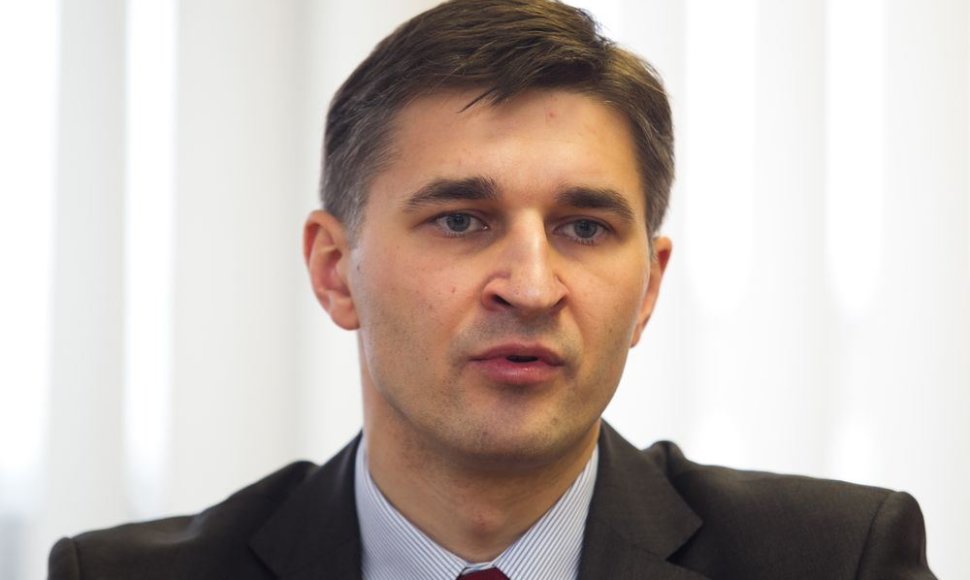He noted, however, that the construction of the new nuclear facility should be given the go-ahead by the public.
“If we are to look for a common vision and to see readiness to invest in this project on the part of Hitachi, we, in our turn, would be ready to talk, of course, amid full openness and possibilities to consider all their proposals,” the minister told reporters on Monday night after the presentation of the updated draft National Energy Strategy to the representatives of parliamentary groups from the majority.
According to the minister, the progress made so far in the nuclear facility project should not be ignored and he was not proposing to “start from scratch”.
“I wouldn’t say that we should stop it altogether and start from scratch. Instead, we should improve the project terms considerably. This, first of all, concerns real participation of regional partners. The project is too expensive for Lithuania and Lithuania will definitely not implement it on its own. We should see the regional partners genuinly taking part in the project. We should have a purpose and objective to improve the project’s funding considerably”, the minister said.
Lithuania still had many issues pertaining to the nuclear facility project to discuss with its regional partners, i.e. Latvia and Estonia, Neverovič said. He pointed out that approval from the public would be necessary in order to build the new nuclear power plant.
Lithuania‘s government, led by Social Democratic Algirdas Butkevičius, has said that the nuclear facility project, which it put on hold at the end of last year, might be continued, provided that the project costs were lowered and the cost price of electricity generation at the new facility was reduced.
“We cannot implement the Visaginas Nuclear Power Plant project, as it is now, since the price of electricity is too high. Accordingly, we shall inform our regional partners so that they can hold discussions on their further decision. We have stated clearly that this project is too expensive for Lithuania… We hand the project over to the regional partners for review – if they find any decisions, let them put them forward again,” Butkevičius told reporters at the parliament (Seimas) on Monday.
As reported last spring, the new facility’s electricity production cost should be 0.07-0.1 litas (EUR 0.02-0.029) per kilowatt-hour, not including another 0.1-0.15 litas in loan costs. The loans were then planned to be paid back over 18 years. Thus, it was estimated that the price of electricity generated at the new facility would total 0.17-0.25 litas until 2040.
Also, the Visaginas project was then estimated to cost up to 5 billion euros at current prices and around 6.8 billion euros including interest, inflation and changes in the investment’s value due to exchange rate fluctuations.












